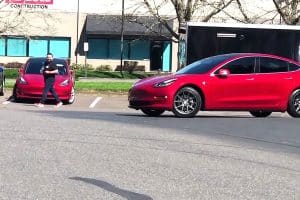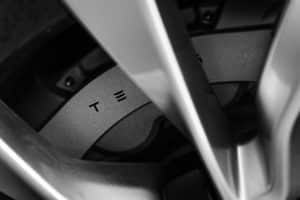Mercedes has launched an all-new in-car payment system that will integrate with its car feature subscription technology.
Mercedes became a controversial figure in the automotive world after it began offering customers new features they could unlock by paying a subscription. This includes features like rear-wheel steering and mobile A/C controls. To support those systems, Mercedes has unveiled an all-new in-car payment system, complete with a fingerprint scanner for verification.
The “Mercedes pay+” system, now available in Germany, allows customers to pay for the aforementioned in-car services, as well as upgrades such as remote parking assist, adaptive high beam assist, and even “advanced navigation services that provide information on the weather or available parking spaces at customer’s destination.” Mercedes pay+ will make its way to a broader European release later this year.
Mercedes also hopes to integrate the new payment system with fueling and charging later this year.
This new payment processing system follows the announcement of Mercedes’ new operating system, which the brand hopes will reinvigorate its U/I experience and improve customer engagement overall.
The premium German automaker is not alone in its efforts to help make car ownership more profitable for itself. BMW has announced similar subscription services, while Toyota has already integrated many of them into the Toyota app, allowing customers to subscribe to remote start, mobile A/C controls, and more.
The controversy stems from the fact that, as most of these services are already built into the finished vehicle, many believe they are entitled to those functions after buying the vehicle or purchasing the systems initially.
It remains unclear if these new functions will prove to be a helpful or profitable enterprise for many automakers, especially as some, such as Tesla, have avoided the subscription model for the most part. Some analysts believe that consumers may begin to favor these brands, especially in the used market, where the functions can continue to be useful without paying the automaker.





